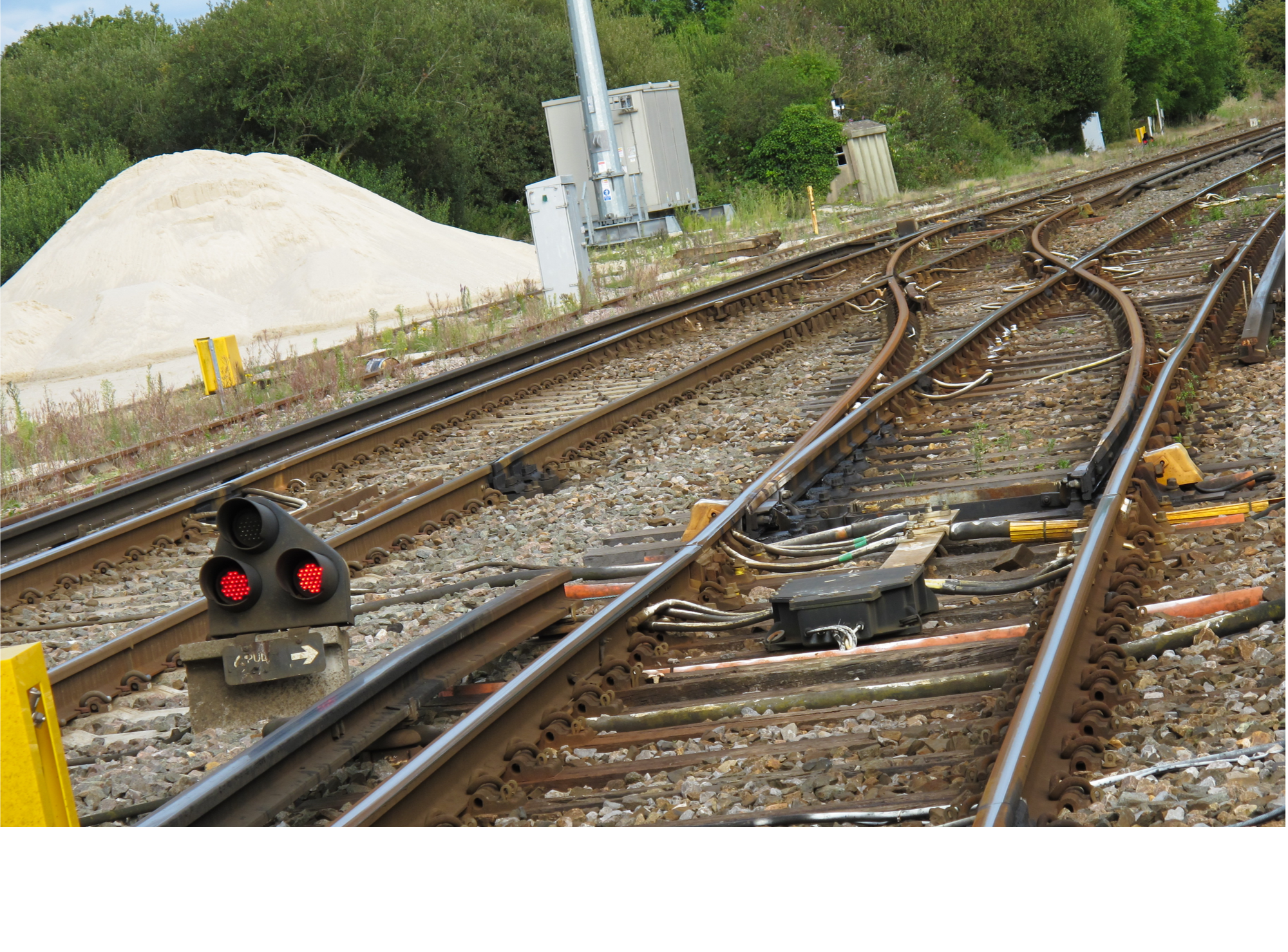The government has axed rail franchising and announced plans to extend support for train firms.
To date the bill has run to more than £3.5bn and the Department for Transport has said “significant” support will still be needed. Support was initially given when passenger numbers fell during lockdown and taxpayer money was used to plug the shortfall in ticket revenues
Although passenger numbers have edged up since lockdown, they are still less than half pre-pandemic levels.
As a result, emergency measures to cover the losses of train firms have been extended by 18 months. They reduce the fees that can be earned by the companies but will mean that trains are still able to run, even with fewer passengers.
Throughout that period ministers hope to carry out broader reforms to Britain’s railways and the new system will deliver a simpler, effective model through high performance targets and simplified journeys
From this morning, franchising is replaced with more demanding Emergency Recovery Management Agreements (ERMAs). These address the continuing impact of the pandemic on the railways and deliver on a government commitment to replace the current franchising system.
These management agreements have tougher performance targets and lower management fees. The new contracts allow for early start on key reforms, including requiring operators to co-ordinate better with each other and driving down the railways’ excessive capital costs.
Management fees will now be a maximum of 1.5% of the cost base of the franchise before the pandemic began. The ERMAs are a transitional stage to the new system, the biggest change to the railways in a quarter of a century.
Under current public health guidance, the intention is also for operators to run an almost full service to ensure there is space to help passengers travel safely.
ERMAs pave the way for wider rail industry reform that prioritises the passenger. In 2018 Keith Williams, the chairman of Royal Mail, was asked to review the railways after a chaotic timetable change and the failure of some franchises. He said, “These new agreements represent the end of the complicated franchising system, demand more from the expertise and skills of the private sector, and ensure passengers return to a more punctual and co-ordinated railway.”

